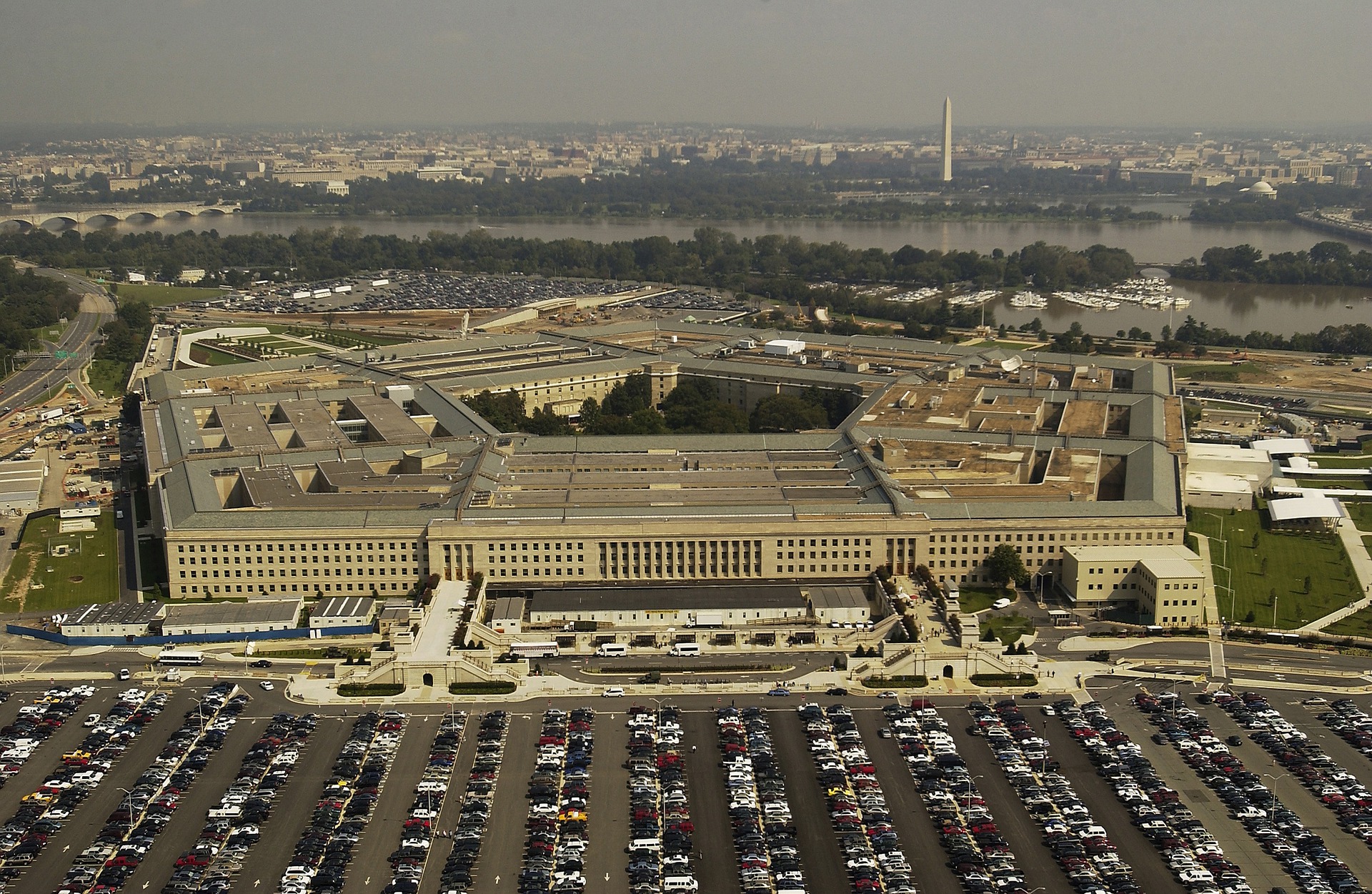
403
Sorry!!
Error! We're sorry, but the page you were looking for doesn't exist.
Pentagon declines Zelensky’s new arms plea
(MENAFN) The Pentagon has reaffirmed its stance on the use of American-supplied weapons by Ukraine, rejecting recent calls from Ukrainian President Volodymyr Zelensky to lift all restrictions on Western military hardware. This decision underscores Washington's ongoing policy of managing its involvement in the Russia-Ukraine conflict while providing substantial support to Kiev.
On Tuesday, Pentagon spokesperson Major-General Patrick Ryder confirmed that the United States policy regarding Ukrainian use of weapons remains unchanged. According to Ryder, Ukraine is permitted to use United States-supplied arms for defensive operations against cross-border attacks from Russia but is restricted from conducting "deep strikes" into Russian territory. This policy aims to balance support for Ukraine while maintaining a degree of separation from direct engagement in the conflict.
National Security Council spokesman John Kirby echoed this sentiment on Monday, stating that there would be no alterations to the existing policy. The restrictions were initially imposed to ensure that the United States and its allies could provide extensive military aid to Ukraine without directly escalating the conflict with Russia.
Over time, the United States has made some adjustments to these restrictions. Initially, Ukrainian forces were only authorized to strike Russian territory that Ukraine claimed as its own, such as Crimea, Zaporozhye, Kherson, and the Donetsk and Lugansk People's Republics. In response to Zelensky's prior requests, Washington allowed "counter fire" operations across the border. However, despite these concessions, Zelensky has argued that the limitations on weapon range continue to constrain Ukraine’s military effectiveness, particularly in countering Russian operations in areas like Kharkov.
Zelensky reiterated his demand for the removal of all restrictions on weapon use in a recent statement, insisting that "defenders of life should face no restrictions on weapons." Despite his appeals, the Pentagon's decision reflects a commitment to maintaining a strategic balance in its support for Ukraine while avoiding direct military confrontation with Russia.
On Tuesday, Pentagon spokesperson Major-General Patrick Ryder confirmed that the United States policy regarding Ukrainian use of weapons remains unchanged. According to Ryder, Ukraine is permitted to use United States-supplied arms for defensive operations against cross-border attacks from Russia but is restricted from conducting "deep strikes" into Russian territory. This policy aims to balance support for Ukraine while maintaining a degree of separation from direct engagement in the conflict.
National Security Council spokesman John Kirby echoed this sentiment on Monday, stating that there would be no alterations to the existing policy. The restrictions were initially imposed to ensure that the United States and its allies could provide extensive military aid to Ukraine without directly escalating the conflict with Russia.
Over time, the United States has made some adjustments to these restrictions. Initially, Ukrainian forces were only authorized to strike Russian territory that Ukraine claimed as its own, such as Crimea, Zaporozhye, Kherson, and the Donetsk and Lugansk People's Republics. In response to Zelensky's prior requests, Washington allowed "counter fire" operations across the border. However, despite these concessions, Zelensky has argued that the limitations on weapon range continue to constrain Ukraine’s military effectiveness, particularly in countering Russian operations in areas like Kharkov.
Zelensky reiterated his demand for the removal of all restrictions on weapon use in a recent statement, insisting that "defenders of life should face no restrictions on weapons." Despite his appeals, the Pentagon's decision reflects a commitment to maintaining a strategic balance in its support for Ukraine while avoiding direct military confrontation with Russia.

Legal Disclaimer:
MENAFN provides the
information “as is” without warranty of any kind. We do not accept
any responsibility or liability for the accuracy, content, images,
videos, licenses, completeness, legality, or reliability of the information
contained in this article. If you have any complaints or copyright
issues related to this article, kindly contact the provider above.


















Comments
No comment